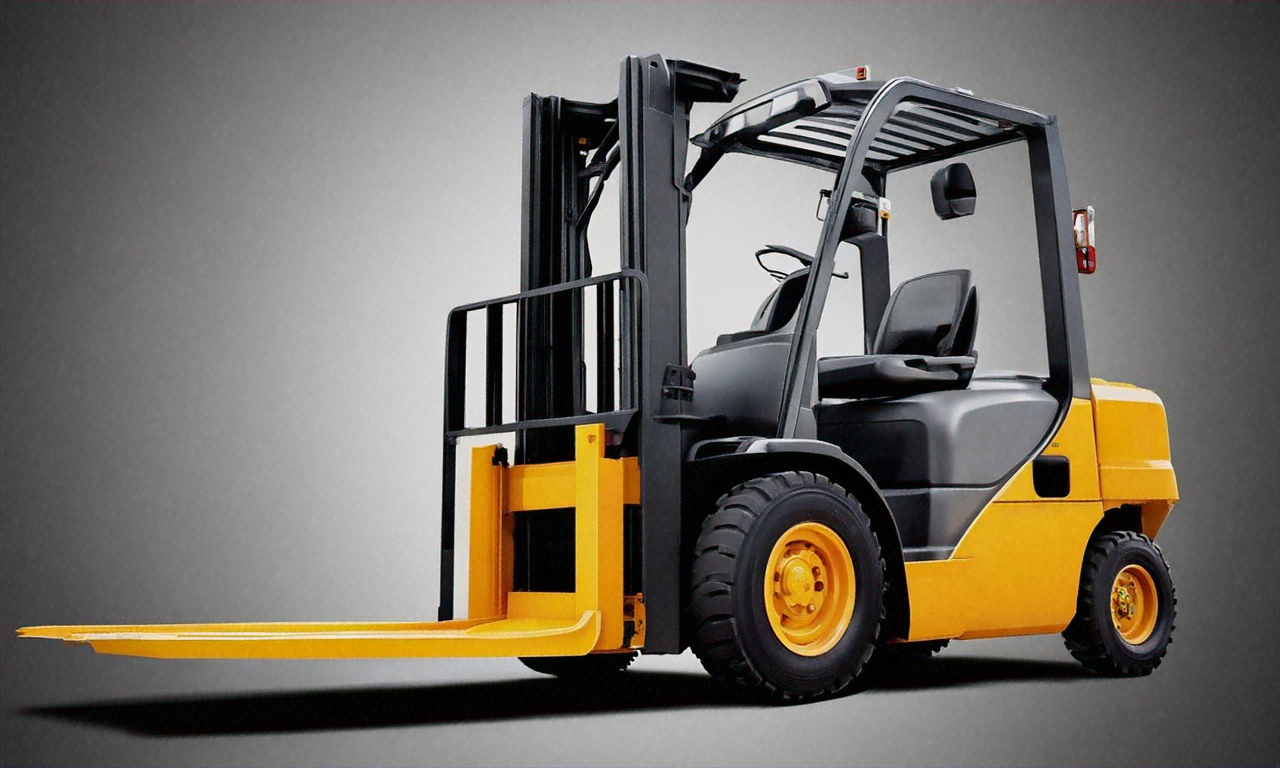Equipment Operator jobs: Skills, Certification, and Career Paths
Equipment operators play a crucial role in construction, mining, agriculture, and manufacturing industries by operating heavy machinery and specialized equipment. These professionals are responsible for controlling excavators, bulldozers, cranes, forklifts, and other industrial equipment that keeps various sectors running smoothly. The field offers stable employment opportunities with competitive compensation, making it an attractive career choice for individuals who enjoy working with machinery and prefer hands-on work environments.

Equipment operators are the backbone of numerous industries, managing complex machinery that shapes our infrastructure and supports economic growth. From construction sites building skyscrapers to agricultural fields harvesting crops, these skilled professionals ensure that heavy equipment operates safely and efficiently to complete essential tasks.
Understanding Equipment Operator Roles
Equipment operators work across diverse industries, each requiring specific skills and knowledge. Construction operators handle excavators, bulldozers, and cranes to move earth, lift materials, and assist in building projects. Agricultural operators manage tractors, combines, and irrigation systems to plant, cultivate, and harvest crops. Mining operators control specialized machinery for extracting natural resources, while warehouse operators use forklifts and conveyor systems to manage inventory and logistics.
The daily responsibilities vary significantly depending on the industry and specific equipment type. Operators must perform pre-operational inspections, maintain equipment logs, coordinate with supervisors and other workers, and ensure all safety protocols are followed. Many positions require working in challenging environments, including outdoor conditions, confined spaces, or industrial settings with noise and dust.
Training and Certification Requirements
Becoming a qualified equipment operator typically requires formal training through vocational schools, community colleges, or apprenticeship programs. Most programs combine classroom instruction covering equipment mechanics, safety regulations, and operational procedures with hands-on training using actual machinery. Training duration ranges from several weeks for basic equipment to several months for complex machinery like tower cranes.
Certification requirements vary by equipment type and location. Many operators need commercial driver’s licenses for mobile equipment, while crane operators often require specialized certifications from organizations like the National Commission for the Certification of Crane Operators. Some positions require OSHA safety certifications, particularly in construction and industrial settings. Employers frequently provide additional on-the-job training to familiarize operators with specific equipment models and company procedures.
Technological Advancements in Equipment Operation
Modern equipment increasingly incorporates advanced technology, transforming traditional operator roles. GPS systems now guide precision agriculture equipment, while computer-controlled hydraulics improve excavator accuracy. Many machines feature digital displays providing real-time performance data, fuel consumption metrics, and maintenance alerts. Some equipment includes automated functions that assist operators in complex tasks or hazardous situations.
Remote operation capabilities are expanding in certain industries, particularly mining and construction. Operators can now control some equipment from safe distances using sophisticated control systems and cameras. This technology reduces operator exposure to dangerous environments while maintaining operational efficiency. Additionally, telematics systems allow supervisors to monitor equipment performance, location, and operator behavior remotely.
Safety Considerations on the Job
Safety remains the paramount concern in equipment operation, given the potential risks associated with heavy machinery. Operators must maintain constant awareness of their surroundings, including other workers, obstacles, and changing ground conditions. Regular equipment inspections help identify potential mechanical issues before they become safety hazards. Proper personal protective equipment, including hard hats, safety glasses, and high-visibility clothing, is mandatory in most work environments.
Many accidents result from inadequate communication between operators and ground personnel. Established hand signals, radio protocols, and designated spotters help prevent incidents during complex operations. Weather conditions significantly impact safe operation, requiring operators to adjust techniques or cease operations during severe conditions. Ongoing safety training keeps operators current with best practices and regulatory changes.
Common Questions About Equipment Operator Careers
Prospective equipment operators often wonder about physical demands and working conditions. Most positions require good hand-eye coordination, spatial awareness, and the ability to operate controls for extended periods. Physical strength requirements vary, though modern equipment reduces manual labor through hydraulic and automated systems. Work schedules may include overtime, weekend work, or seasonal variations depending on the industry.
Career advancement opportunities exist for experienced operators willing to develop additional skills. Many progress to supervisor roles, equipment maintenance positions, or specialized operator roles requiring advanced certifications. Some operators transition to equipment sales or training roles, leveraging their practical experience. Continuing education and additional certifications can significantly enhance career prospects and earning potential in this field.
Equipment operator careers offer stability and growth potential across multiple industries. The combination of technical skills, safety awareness, and practical experience creates valuable professionals essential to modern industrial operations. As technology continues advancing, operators who embrace new systems and maintain current certifications will find the best opportunities in this evolving field.




